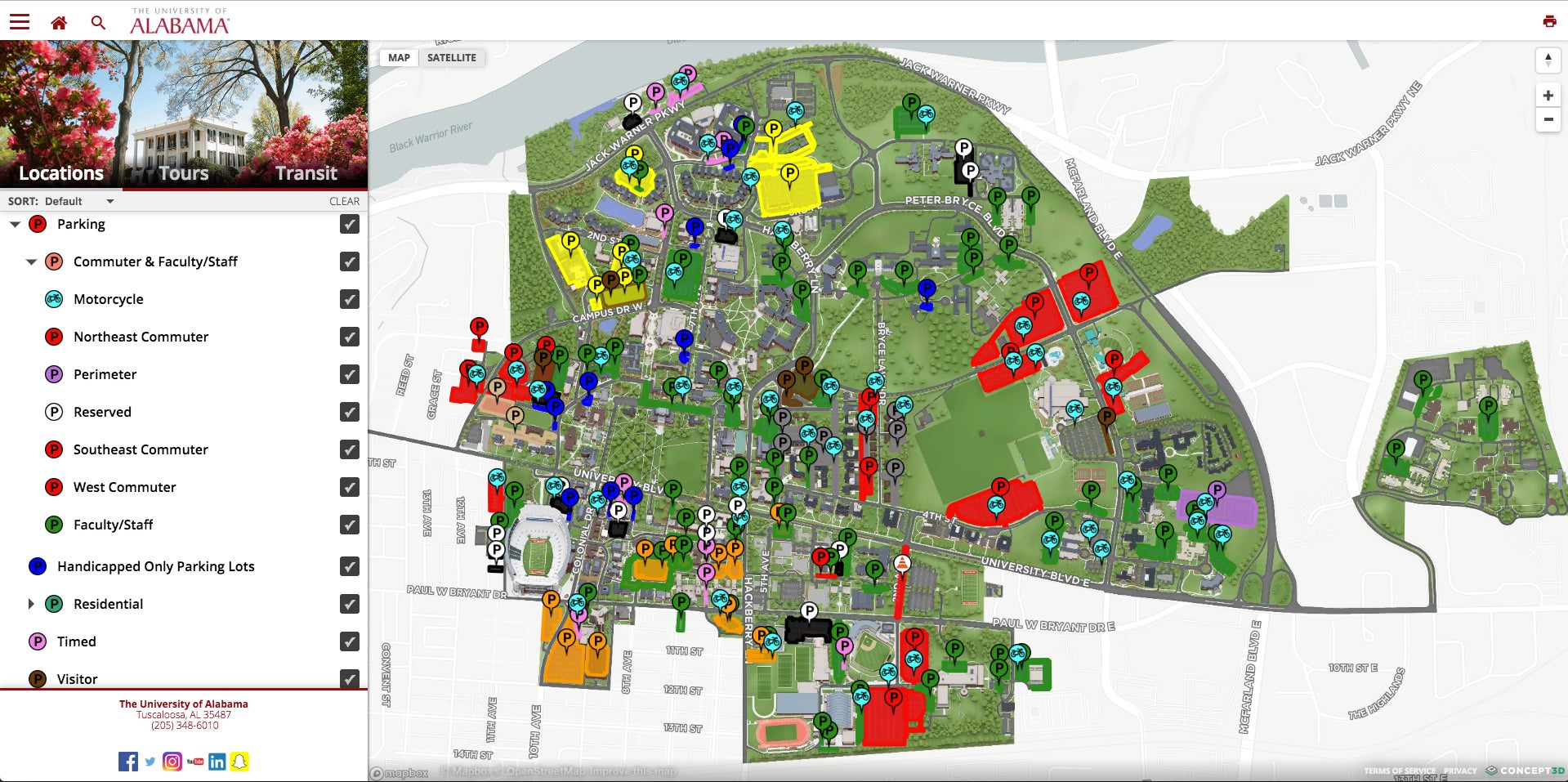Online Masters Degrees In Accounting

In the ever-evolving landscape of finance and business, the demand for skilled accounting professionals has never been higher. With the advent of digital technologies and the complexity of modern financial systems, the role of accountants has expanded beyond traditional auditing and taxation to encompass strategic planning, risk management, and financial analysis. For individuals looking to advance their careers in this lucrative field, pursuing an online Master’s degree in Accounting can be a strategic move, offering flexibility, enhanced knowledge, and career advancement opportunities.
Introduction to Online Master’s in Accounting
Online Master’s programs in Accounting are designed to cater to the needs of working professionals and individuals who prefer the flexibility of distance learning. These programs typically cover a wide range of topics, including financial accounting, managerial accounting, taxation, auditing, and financial management. They are structured to equip students with the theoretical foundations, practical skills, and ethical awareness necessary to succeed in the accounting profession.
Benefits of an Online Master’s in Accounting
- Flexibility: Online programs offer the flexibility to manage study schedules around work and personal commitments, making them ideal for working professionals.
- Access to Top Programs: Online learning platforms provide access to top-ranked universities and programs that might be geographically inaccessible.
- Cost-Effective: Often, online programs are more cost-effective than traditional on-campus programs, with lower tuition fees and no relocation costs.
- Enhanced Career Opportunities: An advanced degree can significantly enhance career prospects, leading to higher salary potentials and more senior roles.
- Specialization: Many online Master’s programs offer specializations within accounting, such as forensic accounting, environmental accounting, or international accounting, allowing students to tailor their degree to their interests and career goals.
Curriculum and Courses
The curriculum for an online Master’s in Accounting is comprehensive and designed to prepare students for the complexities of the modern accounting environment. Typical courses include:
- Financial Accounting: Focuses on the preparation and analysis of financial statements.
- Managerial Accounting: Emphasizes the use of accounting information for internal decision-making.
- Taxation: Covers personal and corporate taxation, including tax planning and compliance.
- Auditing: Explores the principles and practices of auditing, including risk assessment and audit reporting.
- Financial Management: Deals with the management of financial resources within an organization, including investment and financing decisions.
- Accounting Information Systems: Examines the design, implementation, and use of accounting information systems.
- International Accounting: Discusses accounting practices and standards in a global context.
Career Paths and Salary Expectations
Graduates with an online Master’s in Accounting can pursue a variety of career paths, including:
- Certified Public Accountant (CPA): A professional certification that demonstrates expertise in accounting, auditing, and financial reporting.
- Management Accountant: Responsible for budgeting, forecasting, and strategic planning within organizations.
- Financial Analyst: Analyzes financial data to help businesses and organizations make informed decisions.
- Auditor: Conducts audits to ensure the accuracy of financial records and compliance with laws and regulations.
- Financial Controller: Oversees all financial aspects of a company, including financial planning, budgeting, and risk management.
Salary expectations vary based on role, location, and experience but generally, holders of a Master’s in Accounting can expect higher salary ranges compared to those with a Bachelor’s degree. For example, a CPA can earn upwards of 60,000 to over 100,000 annually, depending on experience and location.
Choosing the Right Program
When selecting an online Master’s in Accounting program, several factors should be considered:
- Accreditation: Ensure the program is accredited by a recognized accrediting agency.
- Curriculum: Look for a curriculum that aligns with your career goals and provides a comprehensive education in accounting.
- Faculty Expertise: Programs with faculty who are practicing professionals can offer valuable insights and networking opportunities.
- Reputation: Research the program’s reputation among employers and in the academic community.
- Support Services: Consider the level of support provided to online students, including access to advisors, library resources, and technical support.
Conclusion
Pursuing an online Master’s degree in Accounting is a significant step towards advancing a career in the accounting and finance sector. With its flexibility, comprehensive curriculum, and potential for career advancement, such a program can be a wise investment for those looking to enhance their professional skills and knowledge in a rapidly changing financial landscape.
What are the typical admission requirements for an online Master’s in Accounting program?
+Typical admission requirements include a Bachelor’s degree in Accounting or a related field, a minimum GPA requirement, GMAT or GRE scores (depending on the program), and sometimes prerequisite courses in accounting and finance. However, requirements can vary significantly between programs.
How long does it typically take to complete an online Master’s in Accounting program?
+The duration of an online Master’s in Accounting program can vary but typically ranges from 12 to 24 months for full-time students. Part-time students may take longer to complete their degree, often up to 3 years.
Are online Master’s in Accounting programs accredited, and why is accreditation important?
+Yes, many online Master’s in Accounting programs are accredited by recognized accrediting agencies. Accreditation is crucial as it ensures the program meets certain standards of quality and can impact eligibility for financial aid, certification, and employment opportunities.



